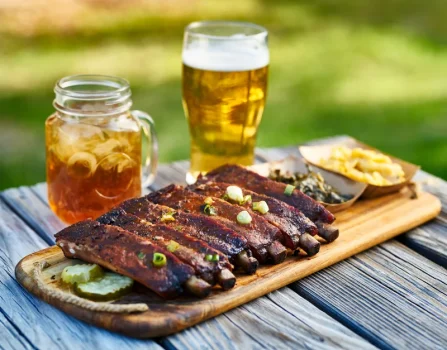
This should give the body enough time to metabolize the alcohol and get it out of one’s system, allowing them to enjoy unaffected sleep,” explains Dr. Hsu. “Even if alcohol initially helps someone fall asleep, they may wake up many times throughout the night or not get into a deep sleep,” she continues. Insomnia is a common problem for many adults, but it is not uncommon to experience it in the short-term and long-term after quitting drinking. It is characterized by difficulty falling or staying asleep, which can lead to daytime drowsiness, trouble concentrating, and other negative health effects. Alcohol also affects people with central sleep apnea (CSA), which occurs when the brain periodically stops sending certain signals involved in breathing.
How Does Alcohol Affect Your Sleep?
- So it’s easy to understand why young people can become locked into a repetitive cycle of sleep deprivation, alcohol dependence, risky behaviour and addiction.
- This may result in the person verbally or physically acting out their dreams, which may cause abnormal behaviors such as kicking, flailing, jumping or yelling during sleep.
This can lead to additional effects like daytime sleepiness and grogginess. The impact of drinking on insomnia may beparticularly acute in older adults. When you have sleep apnea, drinking canmake the breathing interruptions last longerwhen you are asleep, leading to more awakenings. Studies have shown that people who drink and have sleep apnea are at amuch higher riskof traffic accidents than people with sleep apnea who do not drink alcohol. When alcohol has been introduced to the sleep cycle, the functions of the brain are impeded, and the cycles become disrupted. This sleep cycle disruption is what causes the person to feel tired and “fuzzy” the next day and can lead to further sleep issues, such asinsomniaoralcohol addictionover time.
Can Sleep Apnea Be Cured?

If that feels intimidating, start smaller and see if you can add on as you move ahead. According to a recent study released by the RAND corporation and supported by the National Institute of Alcohol Abuse and Alcoholism (NIAAA), drinking has soared during the pandemic. « The magnitude of these increases is striking, » Michael Pollard, lead author of the study and a sociologist at RAND, told ABC television.
How Does Alcohol Affect the Sleep Cycle?
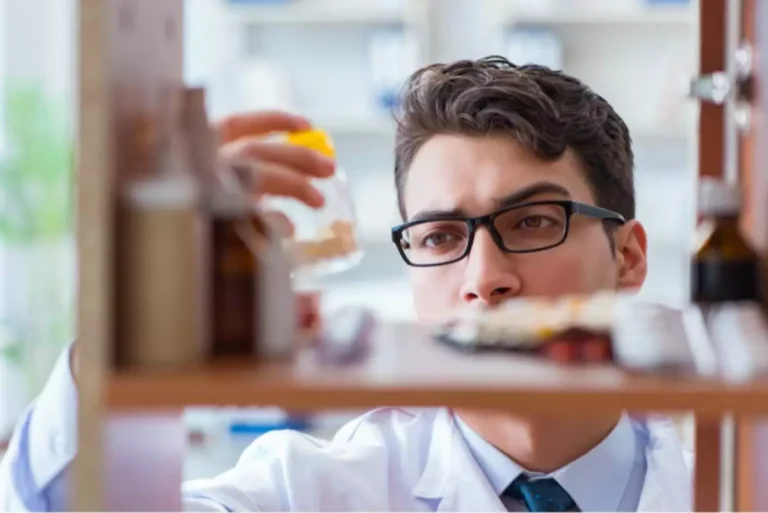
However, while you may feel more relaxed and drift off to sleep quicker after having a drink, when morning rolls around, you might find yourself wondering why you feel so groggy and tired—especially after falling asleep so easily. Such problems can persist for some time even after you decide to quit drinking. In fact, difficulty sleeping is one of the most common alcohol withdrawal symptoms and one that causes many to relapse. While heavy alcohol use can trigger insomnia, the opposite is also true.
How Does Alcohol Impact Sleep?
These are changes you can make to your environment and routine to help promote sleep. The goal of cognitive behavioral therapy for insomnia (CBT-I) is to change sleep habits as well as any misconceptions about sleep and insomnia that may perpetuate sleep difficulties. The Sleep Foundation editorial team is dedicated to providing content that meets the highest standards for accuracy and objectivity. Our editors and medical experts rigorously evaluate every article and guide to ensure the information is factual, up-to-date, and free of bias.
Just as alcohol affects all of us in different ways — and at different stages — there’s no set rule for how it will affect your sleep. After a few hours of sleep, alcohol can cause you to wake up and have a difficult time going back to sleep. Before reaching for that glass, hear from the experts how alcohol before bed might affect your sleep. Whatever you want to call https://ecosoberhouse.com/ it, it’s hard to deny the exhausting epidemic affecting millions of people all over the world.
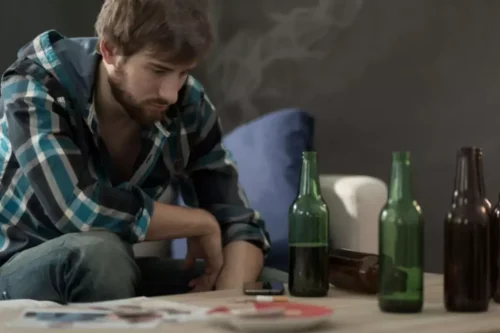
Next time you’re drinking, use a measuring cup to pour out 5 ounces of wine, 12 ounces of beer, or 1.5 ounces of spirits. In a notebook, keep track of how many drinks you have each does alcohol help you sleep day, and rate your overall anxiety, depression, and sleep quality. We often have a binary way of thinking about alcohol use – either you’re an alcoholic and your drinking is truly out of control, or there’s no problem at all.
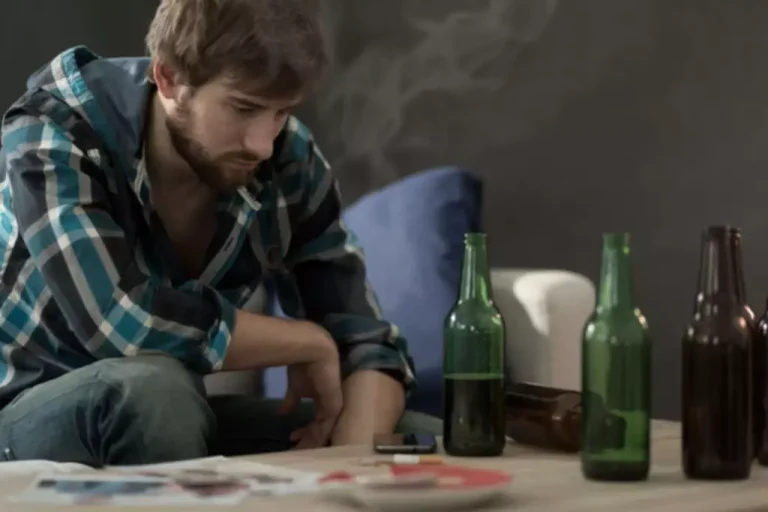
Future studies should unravel these tentative associations in individuals who misuse alcohol. First off, while wine and other alcohols have notorious sedative effects, it’s important to note that these drinks also have calories, which means they give us energy, too. So while alcohol is being processed, before you begin to feel a bit drowsy, the calories are being converted to energy.
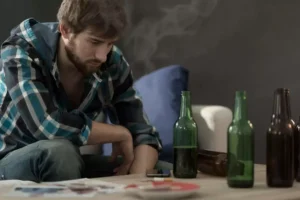
For these individuals, he suggests stopping drinking any beverages (aside from a sip or two of water to quench thirst) three to four hours before bedtime. “It would be ideal to keep primary fluid intake to during the day and drink typical fluids during dinner,” he says. Sleep disorders like insomnia can co-occur with alcohol abuse, and treating insomnia can improve a person’s sleep quality while in recovery.
